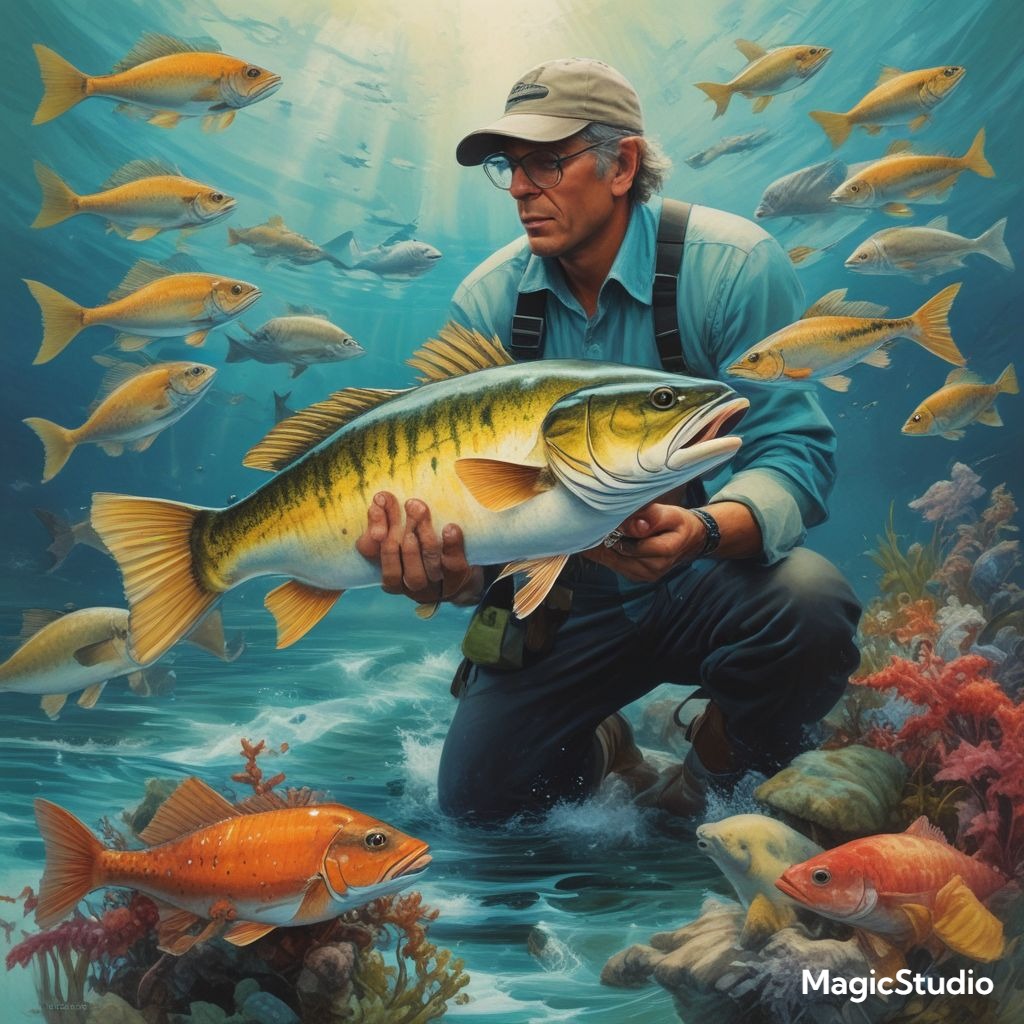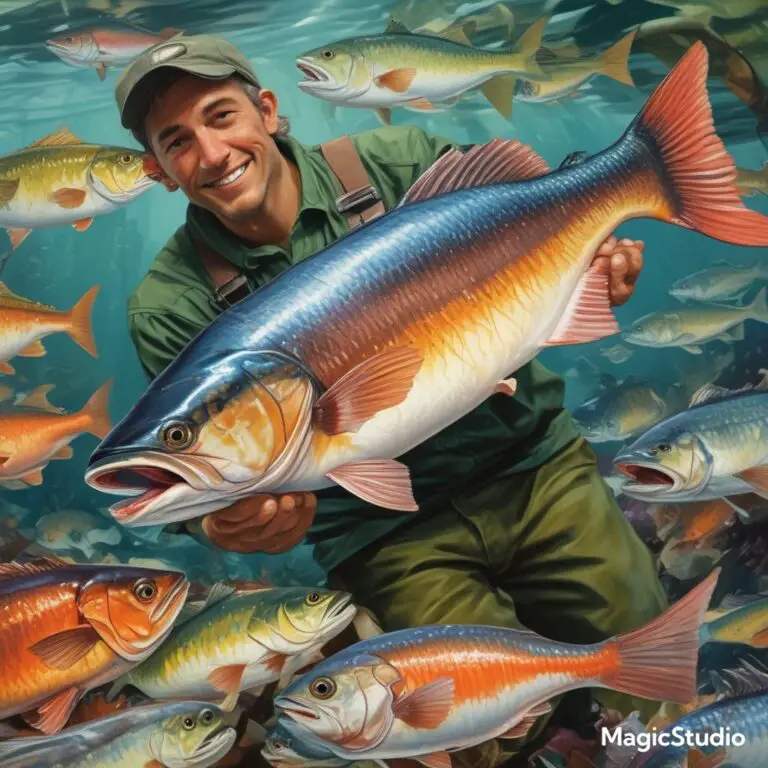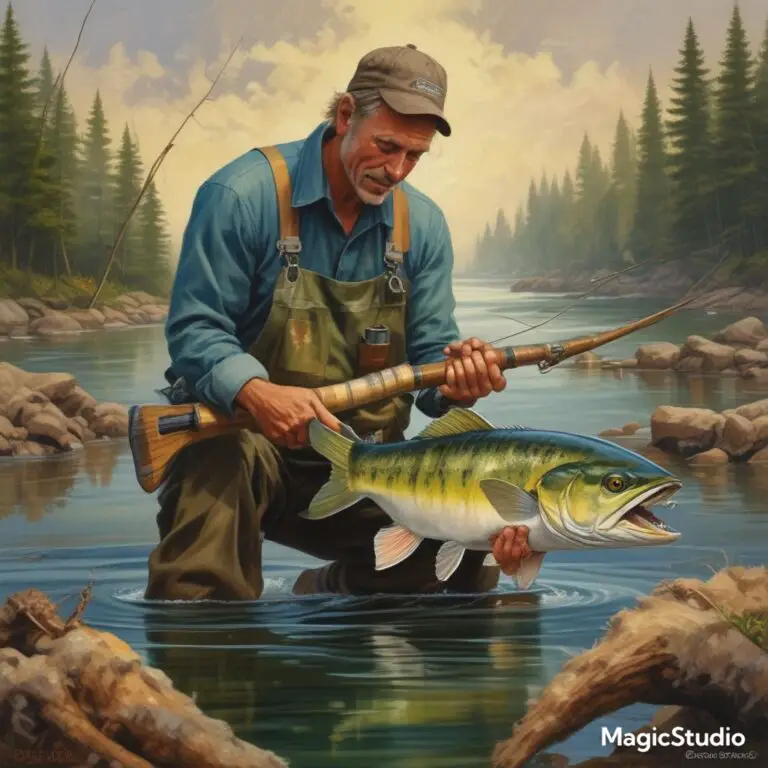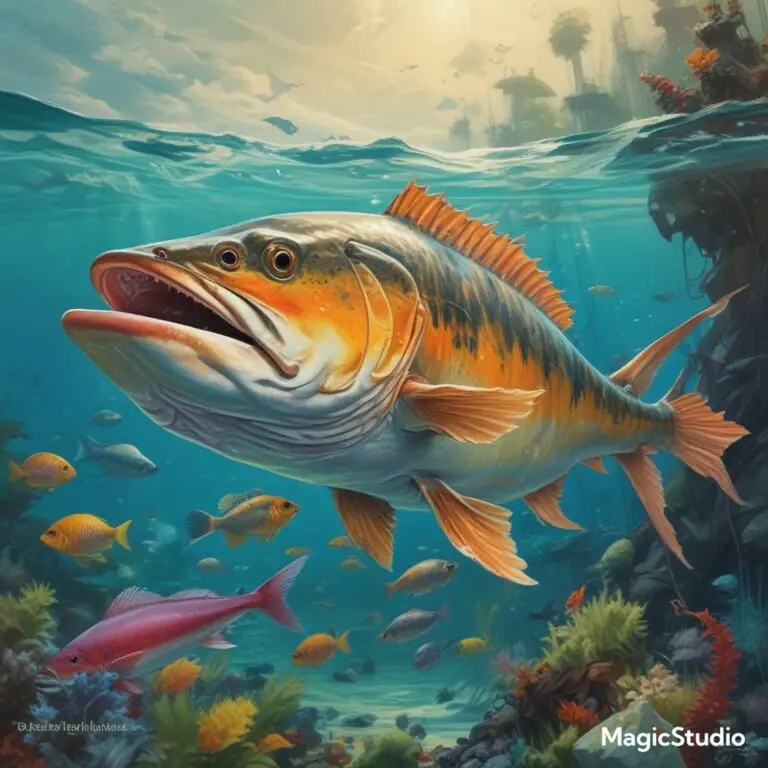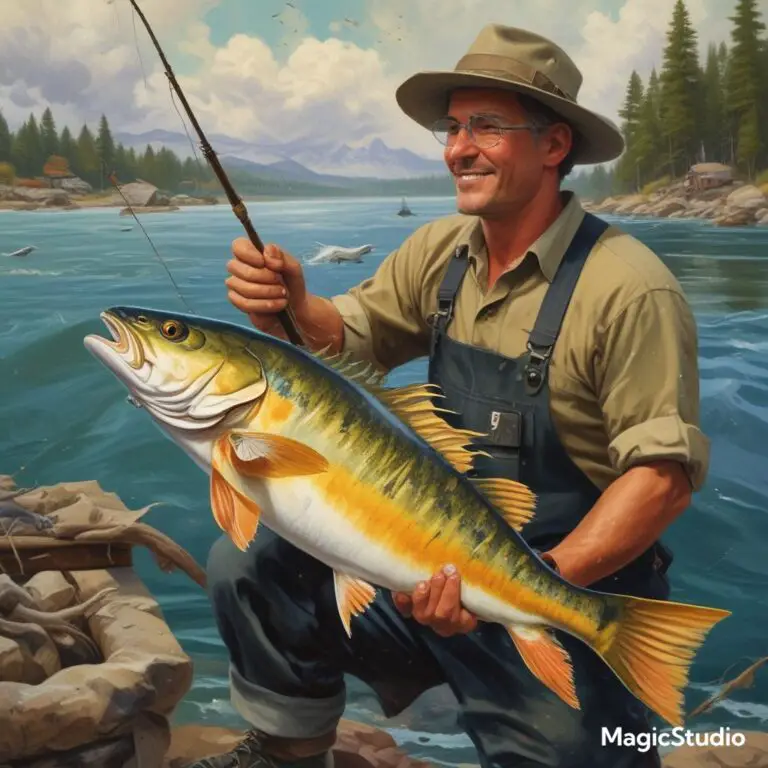Why Sustainable Fishing Matters: The Impact on Marine Ecosystems
Why Sustainable Fishing Matters: The Impact on Marine Ecosystems
Fishing is more than just a way to put food on the table—it’s a vital activity that intersects with the health of our oceans and the well-being of countless marine species. With increasing concerns about overfishing and habitat destruction, understanding why sustainable fishing matters is crucial. By choosing and supporting sustainable practices, we can help preserve marine ecosystems for future generations.
In this blog post, we’ll explore the profound impact of sustainable fishing on marine ecosystems and why adopting these practices is essential for the health of our oceans.
The Importance of Sustainable Fishing
Sustainable fishing is about ensuring that our seafood comes from sources that do not compromise the health of the marine environment. Here’s why it matters:
1. Prevents Overfishing
Overfishing occurs when fish are harvested at a rate faster than they can reproduce, leading to depleted populations and damaged ecosystems. Sustainable fishing practices address this by:
- Setting Catch Limits: Establishing quotas based on scientific research to prevent overexploitation of fish stocks.
- Monitoring Populations: Regular assessments to ensure fish populations remain healthy and viable.
2. Protects Marine Habitats
Many fishing methods can damage vital marine habitats such as coral reefs and seagrass beds. Sustainable fishing helps protect these habitats by:
- Using Environmentally Friendly Gear: Employing fishing gear that minimizes habitat destruction, such as selective nets and traps.
- Designating Marine Protected Areas (MPAs): Creating zones where fishing is restricted or prohibited to safeguard critical habitats.
3. Reduces Bycatch
Bycatch refers to the capture of non-target species, including endangered animals and juveniles. Sustainable fishing practices aim to reduce bycatch through:
- Selective Fishing Methods: Using techniques that target specific species and reduce the capture of unintended ones.
- Bycatch Reduction Devices (BRDs): Incorporating devices into fishing gear to allow non-target species to escape.
4. Supports Marine Biodiversity
Biodiversity is the foundation of a healthy marine ecosystem. Sustainable fishing practices help maintain biodiversity by:
- Preserving Species Diversity: Avoiding practices that deplete multiple species, thereby supporting a balanced ecosystem.
- Protecting Ecosystem Functions: Ensuring that key species and ecological processes are preserved, which supports the overall health of marine environments.
5. Promotes Responsible Management
Sustainable fishing is not just about what is caught but also how it is managed. Effective management practices include:
- Implementing Catch Share Programs: Allocating specific portions of the total catch to individuals or groups to promote responsibility and sustainability.
- Encouraging Community Involvement: Engaging local communities in the management and conservation of marine resources.
How Sustainable Fishing Impacts Marine Ecosystems
Understanding the impact of sustainable fishing on marine ecosystems requires looking at both the immediate and long-term benefits:
1. Enhanced Ecosystem Resilience
Sustainable fishing practices help maintain the balance of marine ecosystems, making them more resilient to changes such as climate change and pollution. This resilience is crucial for the health of the entire ocean system.
2. Healthier Marine Life
By reducing overfishing and habitat destruction, sustainable practices contribute to healthier fish populations and more robust marine communities. This leads to more vibrant and diverse underwater environments.
3. Improved Economic Benefits
Sustainable fisheries often provide more stable and reliable yields over time compared to overexploited fisheries. This stability supports local economies and ensures that fishing communities can thrive.
4. Conservation of Endangered Species
Protecting marine habitats and reducing bycatch helps conserve endangered and vulnerable species, contributing to the recovery and preservation of these important animals.
How You Can Support Sustainable Fishing
Making a difference starts with informed choices. Here’s how you can support sustainable fishing practices:
- Choose Certified Seafood: Look for certifications from organizations like the Marine Stewardship Council (MSC) and the Aquaculture Stewardship Council (ASC) when purchasing seafood.
- Advocate for Marine Conservation: Support policies and initiatives that promote sustainable fishing and marine protection.
- Educate Others: Share information about the benefits of sustainable fishing with friends, family, and your community.
By understanding and supporting sustainable fishing, you contribute to the health of our oceans and the preservation of marine biodiversity. Together, we can ensure that our seas remain vibrant and thriving for generations to come.
